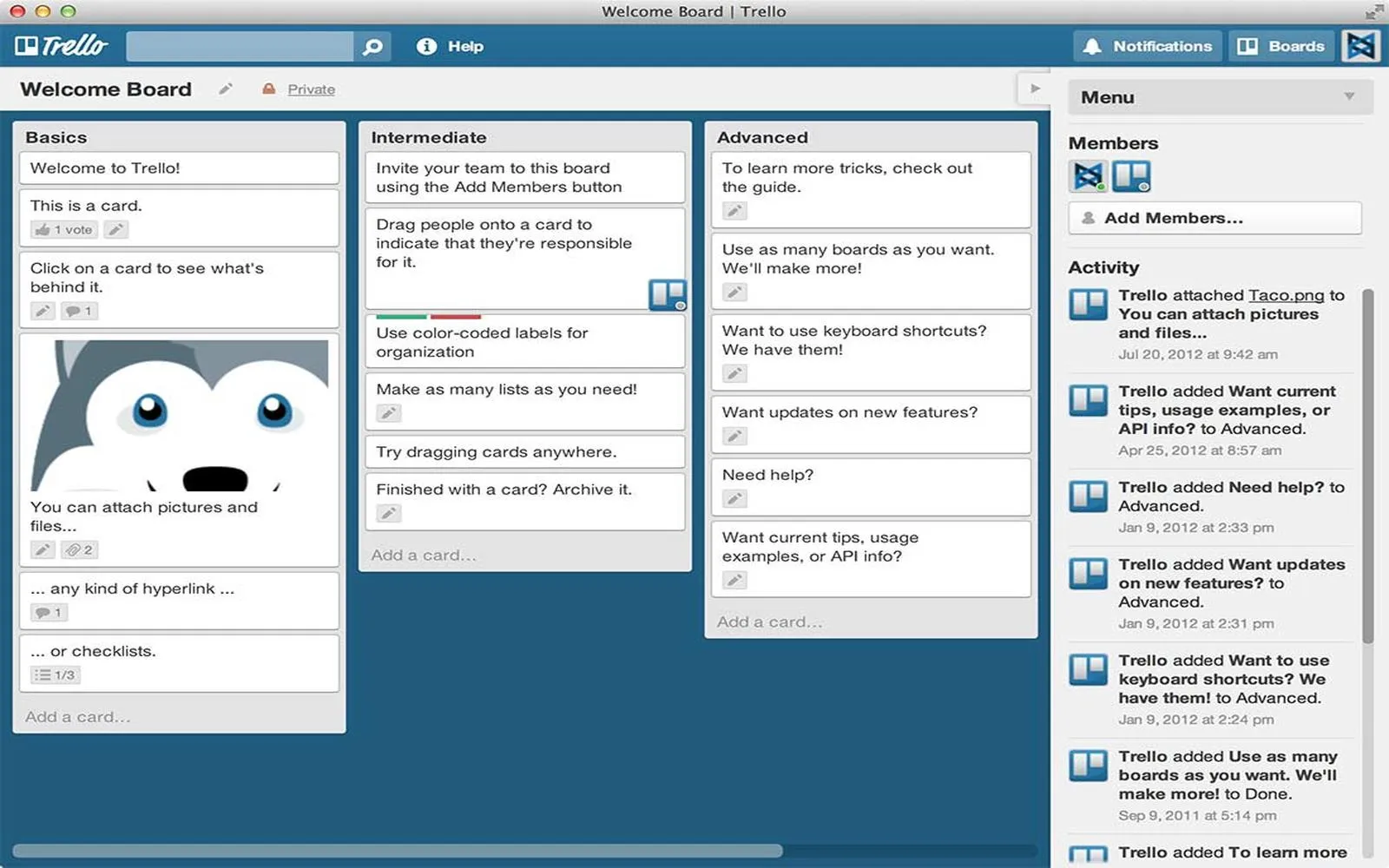What is Remote Work?
Remote work refers to a flexible working arrangement that allows employees to perform their job duties outside of a traditional office environment. This can be done from home, co-working spaces, or any location with internet access. The rise of technology has facilitated this shift, enabling seamless communication and collaboration among team members regardless of their geographical location.
Benefits of Remote Work
There are numerous advantages to remote work, both for employees and employers. Here are some key benefits:
- Flexibility: Remote work allows individuals to create their schedules, often leading to a better work-life balance.
- Cost Savings: Both employees and employers can save money; employees save on commuting and attire, while employers can reduce overhead costs.
- Increased Productivity: Many remote workers report higher productivity levels due to fewer distractions typical in office setups.
- Wider Talent Pool: Employers can hire talent from anywhere in the world, not limited by geographical boundaries.
Common Misconceptions About Remote Work
Despite its growing popularity, there are still several misconceptions surrounding remote work. Here are a few:
- Remote Work Equals Less Productivity: Many believe that working from home leads to distractions. However, studies show that remote workers can be more productive when given the right tools and environment.
- Remote Workers Are Isolated: While remote work can be solitary, many find ways to connect with their colleagues through virtual meetings, chats, and social media.
- Remote Work Is Only for Tech Jobs: While tech jobs are prevalent in remote work, many industries, including education, healthcare, and customer service, are embracing remote roles.
Challenges of Remote Work
While there are many benefits, remote work does come with its challenges. Here are some common issues faced by remote workers:
- Communication Barriers: Without face-to-face interactions, misunderstandings can occur. Utilizing tools like Zoom or Slack can mitigate this issue.
- Distractions at Home: Household responsibilities and family can interrupt work. Establishing a dedicated workspace can help minimize these distractions.
- Overworking: The lines between work and home can blur, leading to burnout. Setting boundaries and a clear schedule is essential to maintain work-life balance.
Remote Work Best Practices
To make the most of remote work, consider implementing the following best practices:
- Set Clear Goals: Establishing daily, weekly, and monthly goals can help keep you focused and accountable.
- Use Technology Wisely: Leverage tools designed for remote collaboration and project management, such as Asana, Trello, or Microsoft Teams.
- Maintain Regular Check-Ins: Schedule consistent meetings with your team to discuss progress and address any challenges.
- Prioritize Self-Care: Taking breaks, exercising, and maintaining social connections are crucial for mental well-being while working remotely.
Remote Work Statistics
To better understand the impact of remote work, here’s a table highlighting key statistics:
| Statistic | Percentage |
|---|---|
| Remote workers who report higher productivity | 77% |
| Employees wanting to continue working remotely post-pandemic | 74% |
| Companies that have adopted remote work policies | 68% |
| Workers feeling less stressed when working remotely | 82% |
The Future of Remote Work
The future of remote work looks promising. As companies continue to adapt to a changing workforce, the trend is likely to grow. Organizations are beginning to recognize that allowing remote work can enhance employee satisfaction and retention. Furthermore, advancements in technology will continue to improve connectivity and collaboration, making remote work more viable for an even broader range of industries.
Conclusion
Remote work is here to stay, and understanding its benefits, challenges, and best practices is essential for both employees and employers. By embracing this flexible work arrangement, organizations can foster a more productive, satisfied workforce while navigating the evolving landscape of work in the modern era. If you have more questions about remote work, don't hesitate to explore various resources and connect with others who are thriving in this new work environment.





